Chinese Buddhist Apocrypha
In stock
Modern scholarship has revealed that many of the most important Chinese Buddhist scriptures are not translations of Indian texts, as they purport to be, but actually were composed in China by Chinese authors.
These indigenous scriptures are the subject of an exciting new field of study that promises to reshape our sense of the development of Chinese Buddhism. The variety of apocryphal texts now known to exit in China will compel scholar to see the Buddhist canon not as a fixed repository but as a fluctuating, tension-filled institution—one that can now be understood in relation to its social, historical, and religious contexts. The contributors to the volume are: Stephen Bokenkamp, Ronald Davidson, Antonino Forte, Kotatsu Fujita, Paul Groner, Whalen Lai, Mark Lewis, Michel Strickmann, and Kyoko Tokuno. “The consistently fine and broad ranging studies assembled in this volume signal a new turn in Buddhology by demonstrating how the traditional questions of textual transmission can best be answered, by moving beyond the Buddhist canon to consider the political, ecclesiastical, social, and economic forces that helped to shape that canon.
Because of the careful documentation by its editor and authors, this volume contains the resources for establishing Buddhist apocrypha as a viable and exciting new field of study. All courses on Chinese Buddhism should begin with reference to this book.

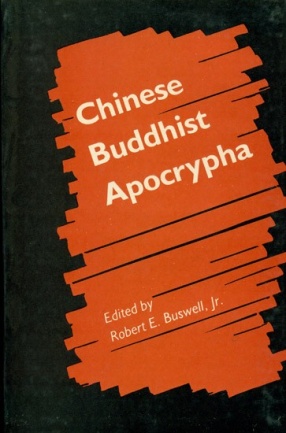
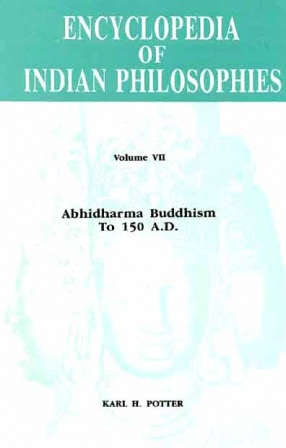

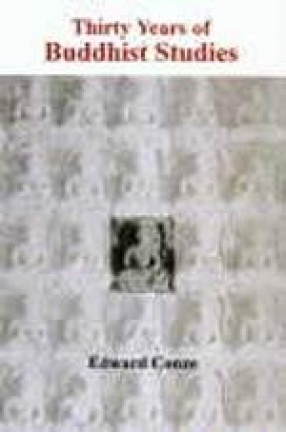
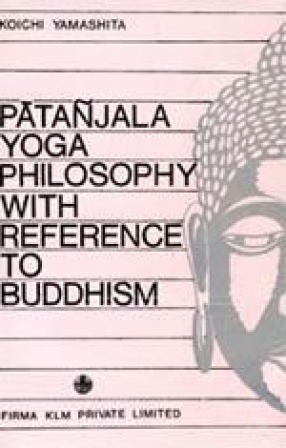
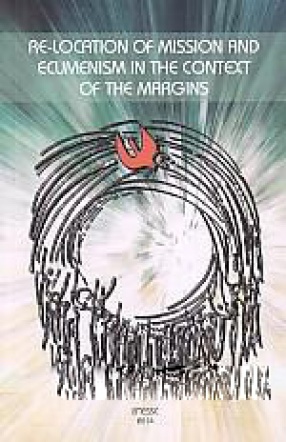
There are no reviews yet.